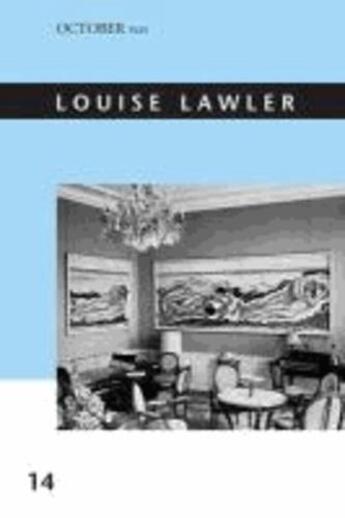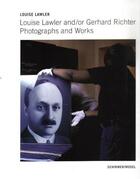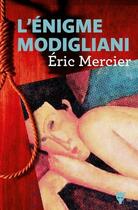-
Date de parution : 01/02/2013
-
Editeur :
Mit Press
-
EAN : 9780262518352
-
Série :
(-)
-
Support :
Papier
Résumé:
Essays and interviews that examine the work of an artist whose witty, poignant, and trenchant photographs investigate the life cycle of art objects.
Louise Lawler has devoted her art practice to investigating the life cycle of art objects. Her photographs depict art in the collector's home,... Voir plus
Essays and interviews that examine the work of an artist whose witty, poignant, and trenchant photographs investigate the life cycle of art objects.
Louise Lawler has devoted her art practice to investigating the life cycle of art objects. Her photographs depict art in the collector's home, the museum, the auction house, and the commercial gallery, on loading docks, and in storage closets. Her work offers a sustained meditation on the strategies of display that shape art's reception and distribution. The cumulative effect of Lawler's photographs is a silent insistence that context is the primary shaper of art's meaning. Informed by feminism and institutional critique, Lawler's witty, poignant, and trenchant photos frequently pay attention to a host of overlooked details--almost Freudian slips--that ineffably and tacitly shore up what we conventionally think of as art's "power." This book includes the earliest published text on Lawler's work; an examination of her ephemera (Lawler produced, among other things, matchbooks and paperweights); a rare interview with the artist, conducted by Douglas Crimp; a conversation between George Baker and Andrea Fraser on Lawler's work; and essays by writers including Rosalind Krauss, Rosalyn Deutsche, and Helen Molesworth, the volume's editor. The book traces the changing reception of Lawler's work from early preoccupations with appropriation to later discussions of affect.
Donner votre avis















